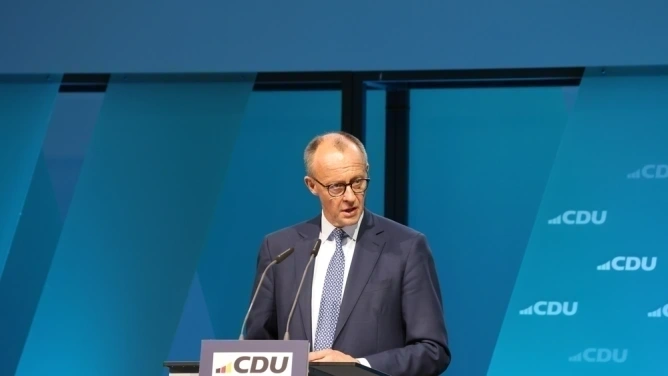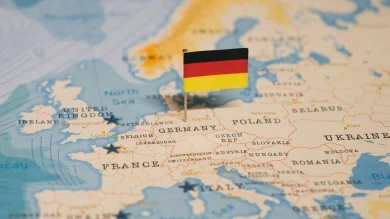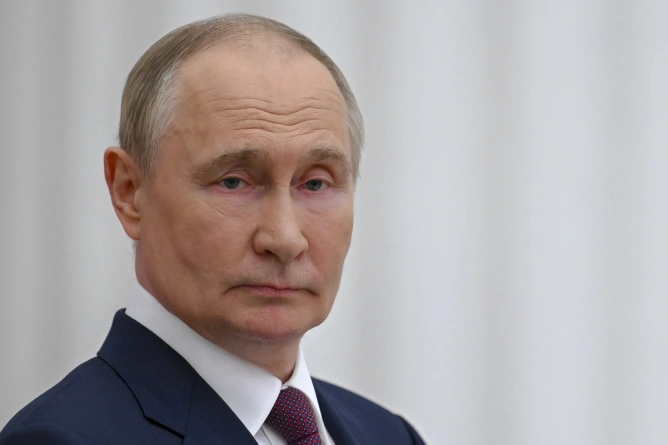
The German government coalition has decided to subsidize energy prices for heavy industry for a period of three years, starting from January 1, 2026, to support companies that consume a lot of energy and face international competition. Chancellor Friedrich Merz announced that the energy price will be reduced to approximately 5 euro cents per KWh, compared to the current price, which is about three times higher. This measure requires approval from the European Commission, and discussions are nearly finalized.
Germany's economy, the largest in Europe, has stagnated in the last two years, and GDP has grown by only 0.2% this year. The government is facing challenges such as competition from China, high energy prices, and a lack of skilled labor. Additionally, a 500 billion euro investment program has been launched to modernize infrastructure. The planned subsidy could provide stability and clarity to the industry in the long term, according to ING economist Carsten Brzeski. The total cost of the measure is estimated between 3 and 5 billion euros, and the coalition has also agreed to reduce a tax on airline tickets, a measure that will require parliamentary approval.



.webp)

















